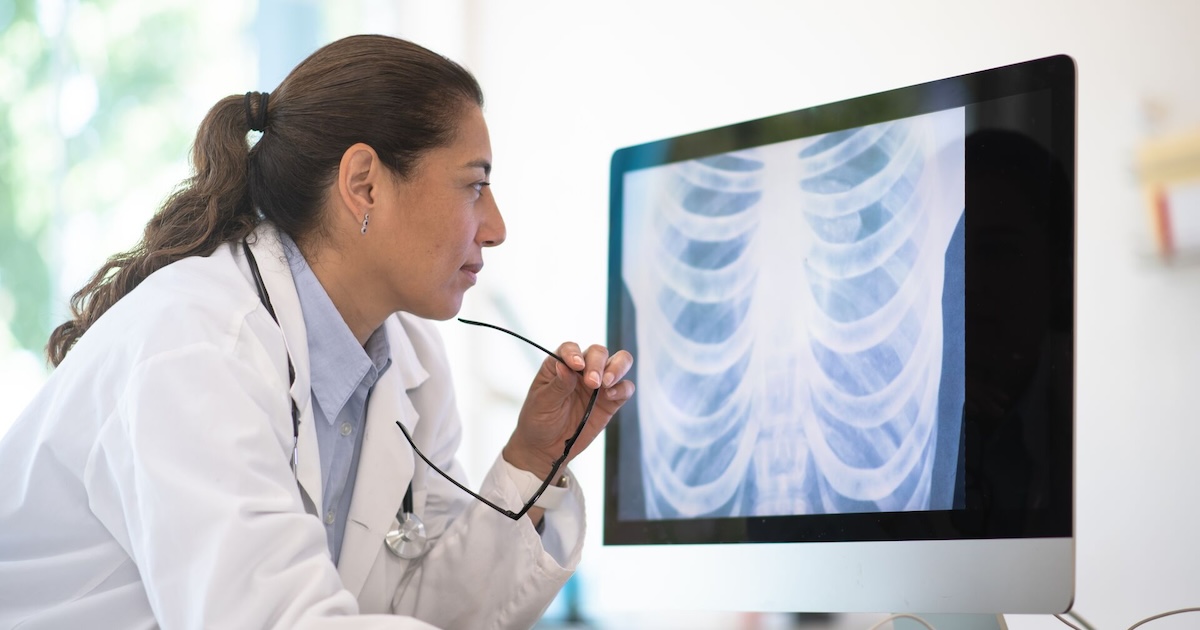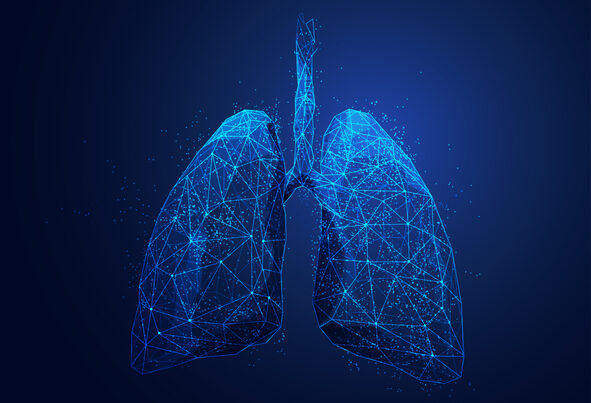
Vuno receives second 510(k)
South Korean medical AI company Vuno has obtained a 510(k) clearance from the United States Food and Drug Administration for its chest X-ray analysis AI software.
The VunoMed Chest X-ray Triage quickly screens for pneumothorax and pleural effusion in chest X-ray images.
This FDA win is a second for Vuno, who first received a 510(k) for its brain image analysis AI in October last year. The company has also filed for US FDA approval for its AI-based cardiac arrest risk prediction software.
$1M seed funding for dental nanorobotics
Indian startup Theranautilus, which develops nanorobots for dental treatment, has raised $1.2 million from a seed funding round led by pi Ventures.
The startup, a spinoff from the Indian Institute of Science, Bangalore, will use its fresh funds to establish a manufacturing facility and prepare for human trials next year.
Founded in 2020, Theranautilus creates nanorobots that can target and repair damage in teeth, particularly addressing dental sensitivity. It targets to make them commercially available in 2026.
New online home care service in Hong Kong
Health tech platform Evercare in Hong Kong has partnered with internet service provider Hong Kong Broadband Network (HKBN) to offer online home care services.
Their joint service, the Home Caregiver Plan, offers monthly in-home wound care, medical escorting, and home care services. Customers can book reservations through Evercare, which manages this new health service.
This partnership is part of initiatives by HKBN to support healthcare services. This year, it has also collaborated with at-home health test brand INDICAID and online insurance company Bowtie.
First AI-powered sleep monitor in Malaysia
A Malaysian company called Beyond Living has recently introduced what could be the first AI-powered sleep monitor in Malaysia.
The AI SOS Device, which can be paired with a belt, discreetly monitors vital signs to detect heart irregularities during sleep. The device can send quick alerts to the user’s family members or medical team in the event of an emergency.
Additionally, the device features voice-activated commands that allow users to call for help without moving. It can detect the user’s voice within four metres, which is about the size of a bedroom.





